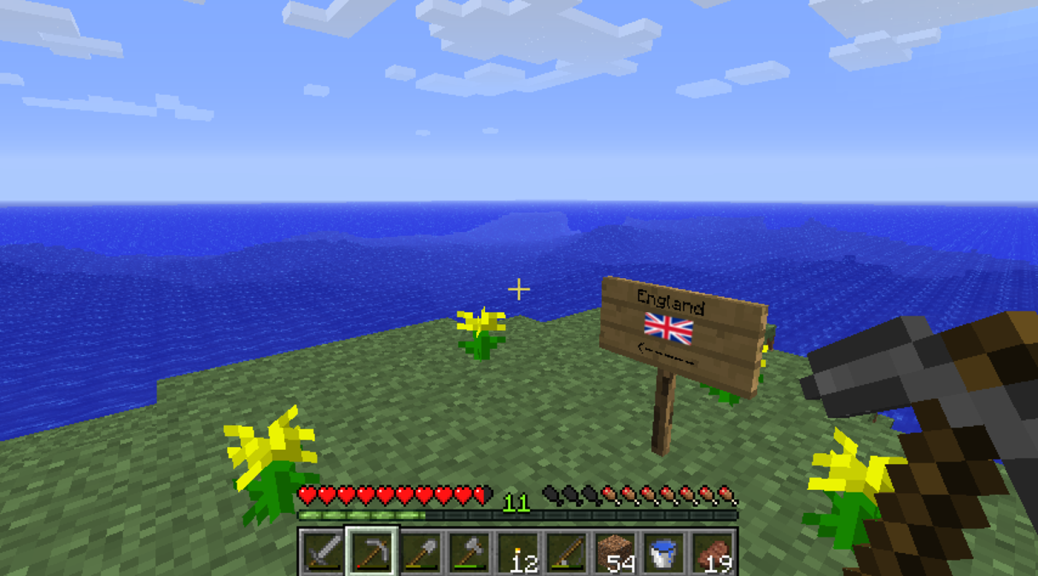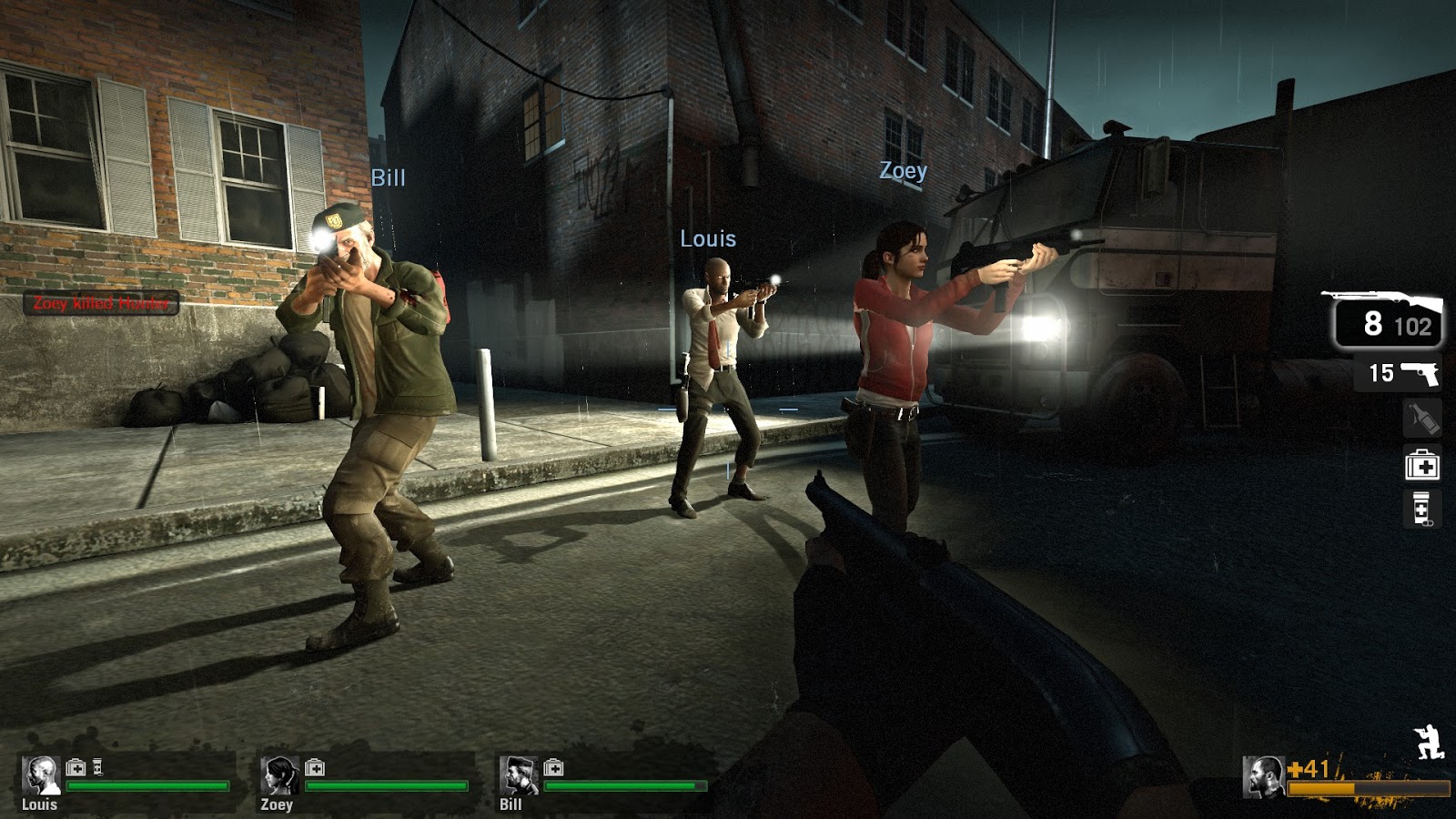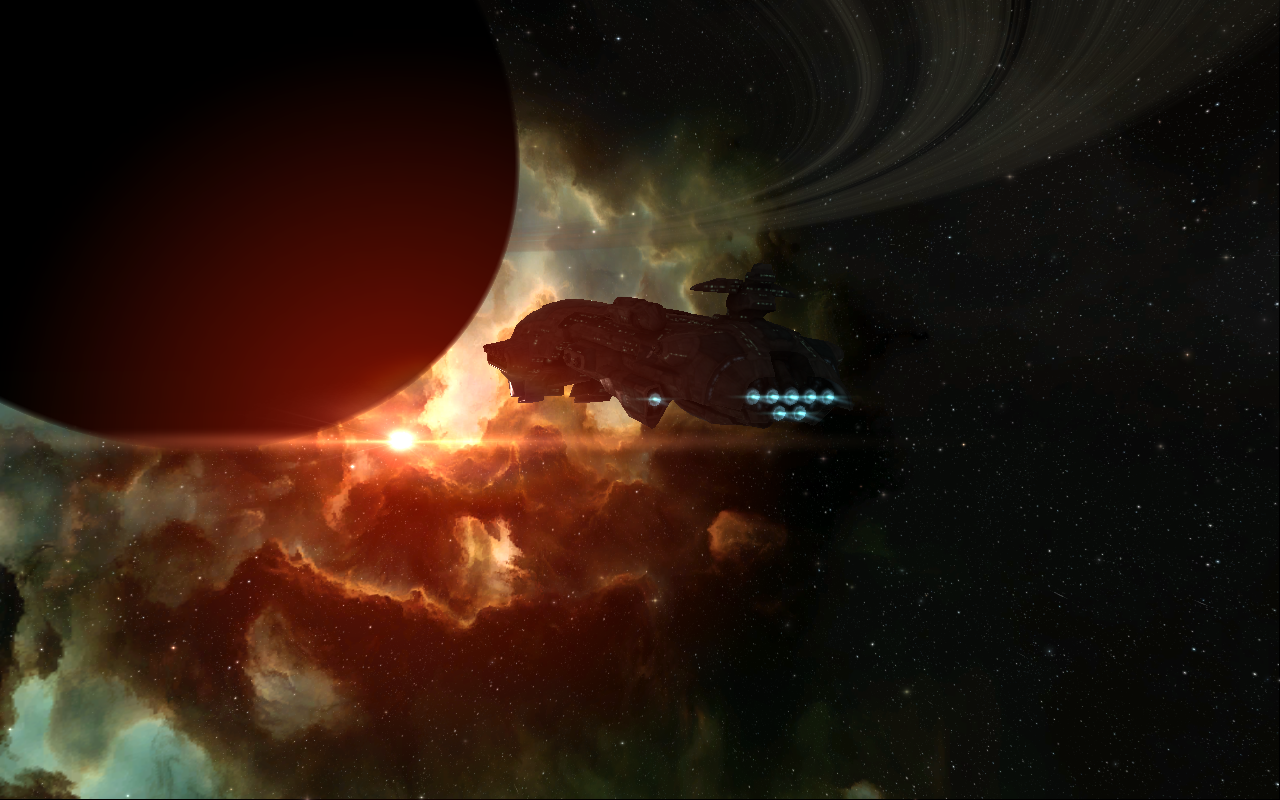Nearly a month ago now, I got on a plane and went to England. My destination was the Ludomusicology 2013 conference at the University of Liverpool, run by the Ludomusicology Research Group. The conference spanned two days and featured papers on everything from case studies of game music, to generative music practices and technology, to the intersection of ludomusicology and gender studies. The field, though still young, is definitely maturing. It maintains its strong links to the industry and its heavily interdisciplinary character, but it is wrestling with many complex philosophical and cultural ideas and is beginning to resolve itself as an independent discipline. I thoroughly enjoyed being part of it.
Having the opportunity to gather and share ideas with others working in my field has provoked me to engage more fervently with my own studies. There just aren’t as many opportunities for that in Australia yet, though I’m even more determined to change that than I was before. (If you or someone you know studies video game music academically in Australia or New Zealand, we should talk!) Nevertheless, I’m trying to tackle my own little task with alacrity. The next month contains an article deadline and another international conference, so I’m keeping myself rather busy. I’m a little ragged around the edges, and I feel like I’ve got so little time for gaming, but it is good to be getting into the swing of things.
I must confess, however, that my academic fervour fails dismally from time to time, and the culprit is usually Minecraft. I’ve recently learned how to farm and traverse oceans in my single player game, and have been building roads stretching for miles with my wife in our multi-player world. The farming experience has made me wonder what right a mining game has to be so damn cute. It’s not just that the baby animals are adorable, either. So many of the game’s mechanics—from crafting a sword from sticks and stones, to the way fish fly out of the water into your hands when you’re fishing—are done so simply that even when completely functional they’re playful. And when you’ve spent hours being distracted by Minecraft, it’s impossible to be angry at it for being so addictive because you’d feel like a big old meanie. Sneaky, sneaky game.



